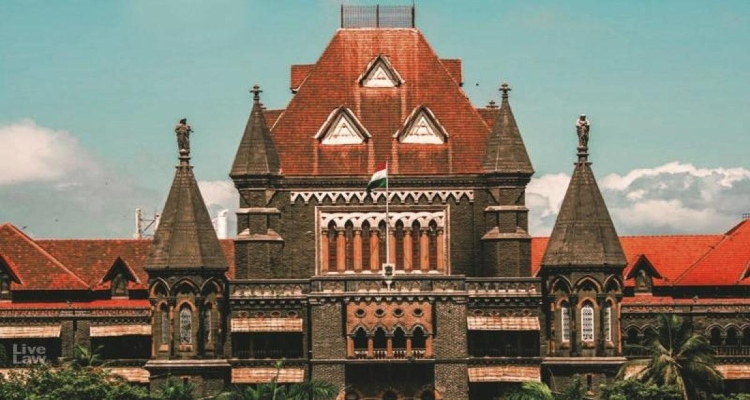
The Bombay High Court on Friday questioned whether it amounted to confinement when the juvenile accused in the Pune Porsche case was granted bail but was subsequently taken back into custody and kept in an observation home.
A bench of Justices Bharati Dangre and Manjusha Deshpande acknowledged the unfortunate nature of the accident, noting, “Two people have lost their lives. There was trauma, but the child (juvenile) was also in trauma.”
The bench inquired under what legal provision the order granting bail to the minor accused in the Porsche accident case was amended, leading to his confinement.
The Fatal Accident
On 19th May, the juvenile was allegedly driving a Porsche car at high speed while intoxicated when the vehicle collided with a bike, killing two software engineers, Aneesh Awadhiya and Ashwini Koshta, in Pune’s Kalyani Nagar. The 17-year-old was granted bail the same day by the Juvenile Justice Board (JJB), which ordered that he be placed under the care and supervision of his parents and grandfather. He was also instructed to write a 300-word essay on road safety.
Following nationwide outrage over the swift bail, the police appealed to the JJB to amend the bail order. On May 22, the board ordered the boy to be taken into custody and remanded to an observation home.
Juvenile’s Aunt Files Petition
Last week, the teenager’s paternal aunt filed a habeas corpus petition, claiming that he was illegally detained and sought his immediate release. During the hearing, the bench noted that the police had not filed any application before a higher court seeking cancellation of the bail order passed by the JJB. Instead, an application was filed seeking an amendment of the bail order, resulting in the boy being taken into custody and remanded to an observation home.
The court questioned, “What type of remand is this? What is the power to remand? What kind of procedure is this where a person has been granted bail and then a remand is passed taking him in custody?” The bench added that the minor was taken away from the care and supervision of his family members and sent to an observation home. “He is a person who has been granted bail, but now he has been confined to an observation home. Is this not confinement? We would like to know your source of power,” the HC said. The bench also emphasized the responsibility of the Juvenile Justice Board.
The court queried why the police did not move an application for the cancellation of the bail. The court reserved its order on the plea and stated it would be passed on Tuesday.
Public prosecutor Hiten Venegaonkar submitted that the remand orders passed by the board were valid and did not require interference. On May 19, Venegaonkar noted, the JJB bail order was “rightly or wrongly” passed, and the juvenile’s blood samples were tampered with. “Action has been taken against the errant officers and doctors. We have to send a strong message to society. Just writing a 300-word essay is not enough,” Venegaonkar said.
Senior counsel Aabad Ponda argued that the boy’s fundamental rights were violated. “A free citizen’s personal liberty has been trampled upon. Can a child be taken in custody when he has been granted bail and the bail order is in force?” Ponda questioned. He added that there was no legal provision for such a review of a bail order.
“You cannot turn back the clock. Had bail been refused, the CCL could have been sent to an observation home. But having been granted bail, how can he be sent back to an observation home?” Ponda said.
The senior counsel further argued that such actions are not taken even in serious offenses under the stringent Maharashtra Control of Organised Crime Act and Terrorist and Disruptive Activities Act. He questioned how the police could do this in a juvenile’s case.
The boy’s aunt claimed in her plea that public uproar and “political agenda” had led the police to deviate from the correct course of investigation concerning the minor, thereby defeating the purpose of the Juvenile Justice Act. The teenager is currently in an observation home until June 25, 2024.




